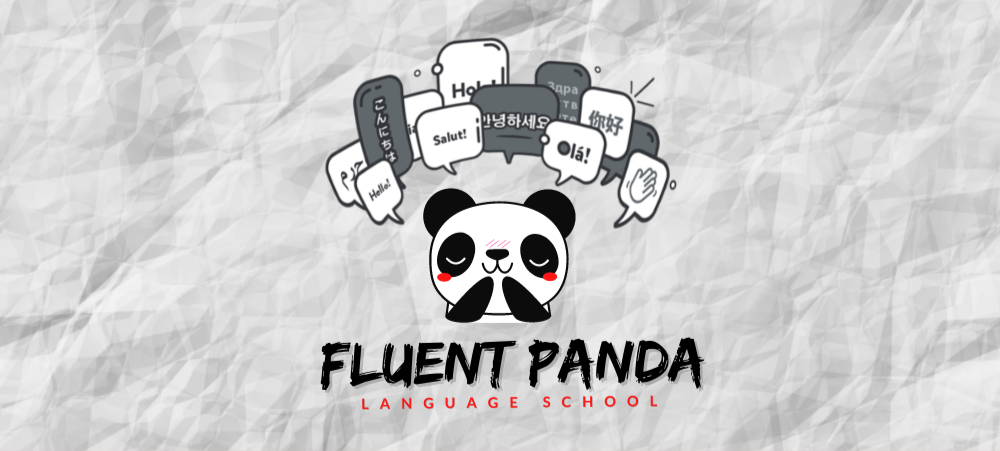
Ready, steady, go make a success of your 2022 academic year!
At the start of a school year there is much to consider and for high school students the start of a school year is just the time to start afresh, where need be, or continue their strong trajectory towards academic success at the end of Grade 12. The release of the results of the Class of 2021 serves as a tangible reminder to the Class of 2022 that they will either be celebrating their results in early 2023, or face some tough decision making when less than desirable results are achieved. Academic performers are seldom “born”, they are created through hard work, determination and the development of a mature work ethic over a number of years. Students in the various grades have different important considerations and habits that need to be developed. Grade 8s: You are settling into the rhythm and excitement of high school. This is the year to immerse yourself in the subject content of all your subjects and explore which you truly enjoy and which you will probably (happily) be leaving behind at the start of Grade 10. You should be cultivating and developing a mature work ethic from the get-go, which will lead to great success in your final school year and beyond. Grade 9s: This is such an important year for you. You should be considering your interests and exploring the various career options, as well as researching what is required for the degree you wish to pursue post Matric. Very importantly, consider all your options – not just public universities – because private higher education institutions often have exciting new work-focused qualifications not offered at the public universities. You need to be working hard at the subjects you may require for your desired degree course, which you may find challenging – Mathematics and Physical Sciences come to mind. This is the year you make subjects choices that need to align with your considered tertiary studies and your future career. Don’t panic though, your teachers and Academic Heads are there to assist, and interest and aptitude tests will help guide your decisions. Grade 10s: You have FINALLY entered the last phase of your high school career. You will be getting used to the increased workload and pace in your chosen subjects, a higher level of difficulty and learning and practicing the methods needed to answer questions in your Grade 12 final examinations. It’s practice time! Make it count and Grade 11 and 12 will not be as daunting. Remember to account for the much-increased volume of work when preparing for tests and examinations. Grade 11s: This is it! You will be applying to universities in 2023 for your 2024 1st year of tertiary study. This is not the year to take it easy. You must ensure that you meet the requirements to be provisionally accepted into your desired course with your Grade 11 final results. You need to have a strong work ethic from the start to ensure that you achieve your best possible marks. This is not a drill, this is the real deal! You can do it, just remain focused. Grade 12s: You are entering the stadium after a gruelling marathon. The crowds are cheering you on (your family, friends and teachers)! Finish STRONG! It is vital that you put in your best effort and work hard from the start of the year. You will be applying to universities for your desired courses (have a few alternatives ready in the wings) – make sure of the deadlines and entrance requirements. Those of you who did not achieve the results you needed to apply for specific courses or did not achieve a bachelor’s degree pass, must not dwell in the past. Rather look to the present and the future. Get the help you need (in the form of tutors or extra lessons) and consider and research your options for 2023. What can you study in 2023 to put you on course for the degree you want to study? Have you considered doing a Higher Certificate first, which allows access to degree study? If Grade 11 was a bust, don’t let Grade 12 be too. Set realistic goals and develop good habits around your academics. Although a cliché – your future is truly in your hands! All the best for the 2022 academic year high school students! Written by: Mignonne Gerli, Principal: Abbotts College Pretoria
































